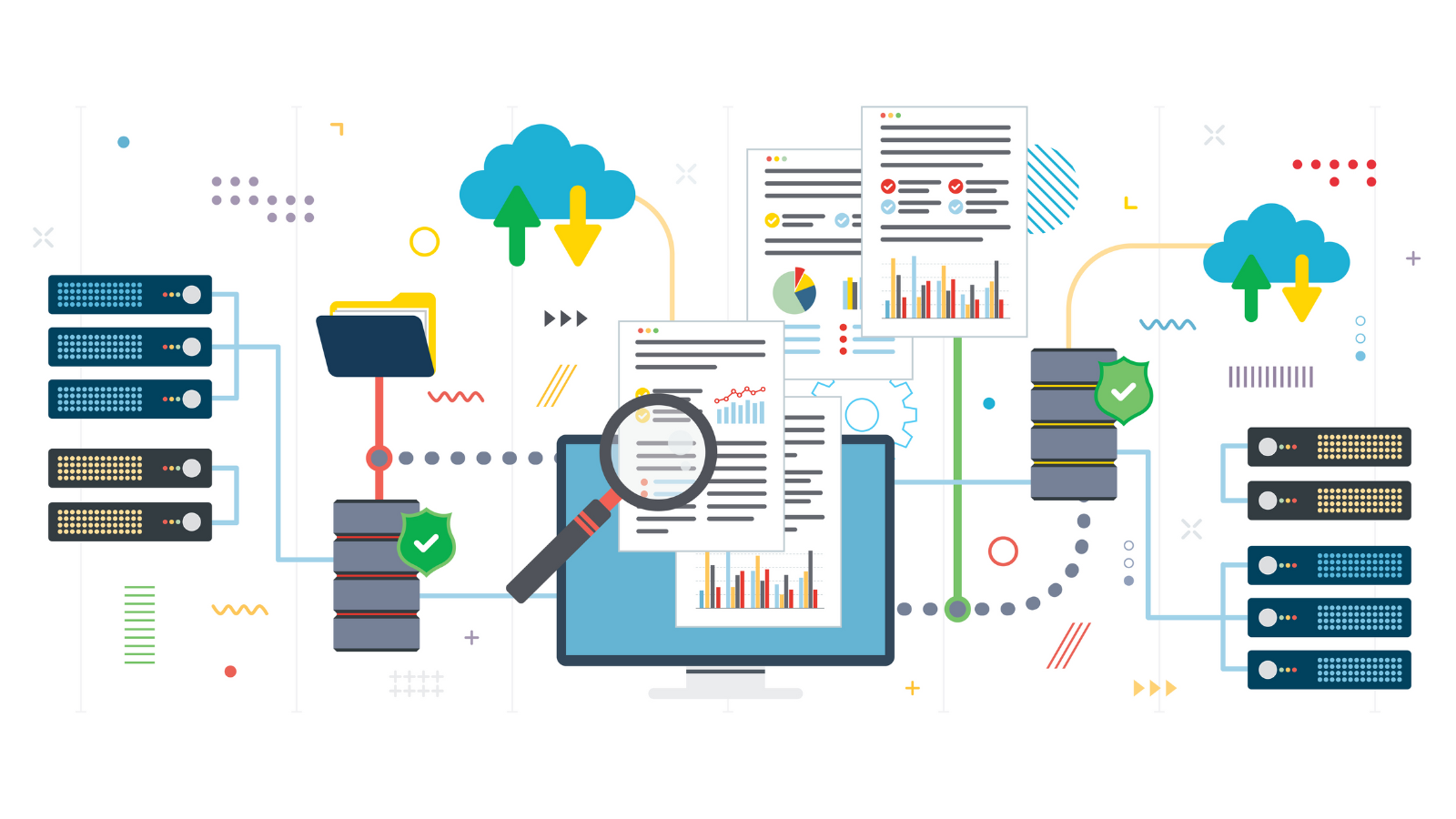
By Lucy Carr Jones, Research Data & Scholarly Communications Librarian, Claude Moore Health Sciences Library, University of Virginia & Lena Bohman, Data Management and Research Impact Librarian, Donald and Barbara Zucker School of Medicine at Hofstra/Northwell
In October 2020, the National Institutes of Health (NIH) announced that a new Data Management and Sharing Policy would go into effect on January 25, 2023. Previous NIH policy required a brief resource sharing plan for grants over $500,000, but this new policy would require most researchers applying for NIH funding to submit detailed plans for data management and sharing (DMSPs). With these new requirements, NIH intends to drive a cultural shift in biomedical research to acknowledge that “data sharing is a fundamental component of the research process” (Collins, 2020).
By the summer of 2022, the policy implementation date was only a few months away and comprehensive information about requirements for the new DMSPs had not yet been released. Many librarians and research support professionals were concerned about their ability to advise researchers on their plans, especially those from institutions without much history in data management support. Hao Ye, the Reproducibility Librarian at the University of Florida, sent an open call to a number of librarian-focused email lists, asking for volunteers to create resources about the DMS policy. Ye said of this, “In thinking about the upcoming NIH policy, I expected that there were other folks who might want to both share some of the burden and benefit from multiple perspectives on what researchers would need. Having seen virtual, collaborative efforts in the open science community before, I followed a similar playbook, which is to do enough coordination to make it easy for others to say yes and to contribute.” The Working Group on NIH DMSP Guidance held its first meeting in June 2022, growing to comprise over 30 librarians and other information professionals from universities and nonprofits across the United States.
The group met weekly over Zoom and divided into smaller teams to create a variety of resources targeted to different user groups, which were released on OSF in the fall of 2022. Researchers writing DMSPs can consult the researcher checklist to make sure they have included all the necessary information in their plan, as well as the data terms glossary for additional context. If they are familiar with the 2003 resource sharing plan requirement, they can consult the annotated example plan which provides tips on the differences between the old format and the 2023 plan requirements and an example of how to adapt the old format to the new one. Researchers may also want to search for sample plans using the example plan finder website.
Another intended audience is librarians, research administrators, and research support staff who are either planning their institution’s response to the new policy or assisting individual researchers drafting their plans. The institutional policy readiness checklist includes an environmental scan tool, and lists of potential campus partners, possible data service areas for librarians, and further resources. For individuals new to NIH grants, the “grant speak in context” and grant glossary provide definitions of important terms and outline the NIH funding cycle from proposal to closeout. The extended reference guide provides detailed guidance on data management and sharing, including topics such as data standards, de-identification techniques, and considerations for selecting a repository. A forthcoming data repository finder website will be useful to both researchers and librarians looking for appropriate repositories.
The working group chose to make all of its resources available in an accessible format with a CC BY-SA license so that individuals and institutions could download and adapt them to suit their needs. Publishing the documents with an open license was discussed in the group’s very first meeting as it was a central concern in fulfilling the group’s open and collaborative mission. Ye said of his inspiration for the project, “philosophically, it started with me attending the Mozilla Science Lab Working Open Workshop in Montreal 2017, which was the first time I ran across [the proverb] ‘if you want to go fast, go alone; if you want to go far, go together.’ That resonated with me, as a problem solver that wants solutions to have lasting impact—there's always a quick and easy fix that I can do alone, but the underlying structural and systemic problems require cooperation and collective action.”
Access the resources created by the working group on the OSF.

6218 Georgia Avenue NW, Suite #1, Unit 3189
Washington, DC 20011
Email: contact@cos.io

Unless otherwise noted, this site is licensed under a Creative Commons Attribution 4.0 International (CC BY 4.0) License.
Responsible stewards of your support
COS has earned top recognition from Charity Navigator and Candid (formerly GuideStar) for our financial transparency and accountability to our mission. COS and the OSF were also awarded SOC2 accreditation in 2023 after an independent assessment of our security and procedures by the American Institute of CPAs (AICPA).
We invite all of our sponsors, partners, and members of the community to learn more about how our organization operates, our impact, our financial performance, and our nonprofit status.